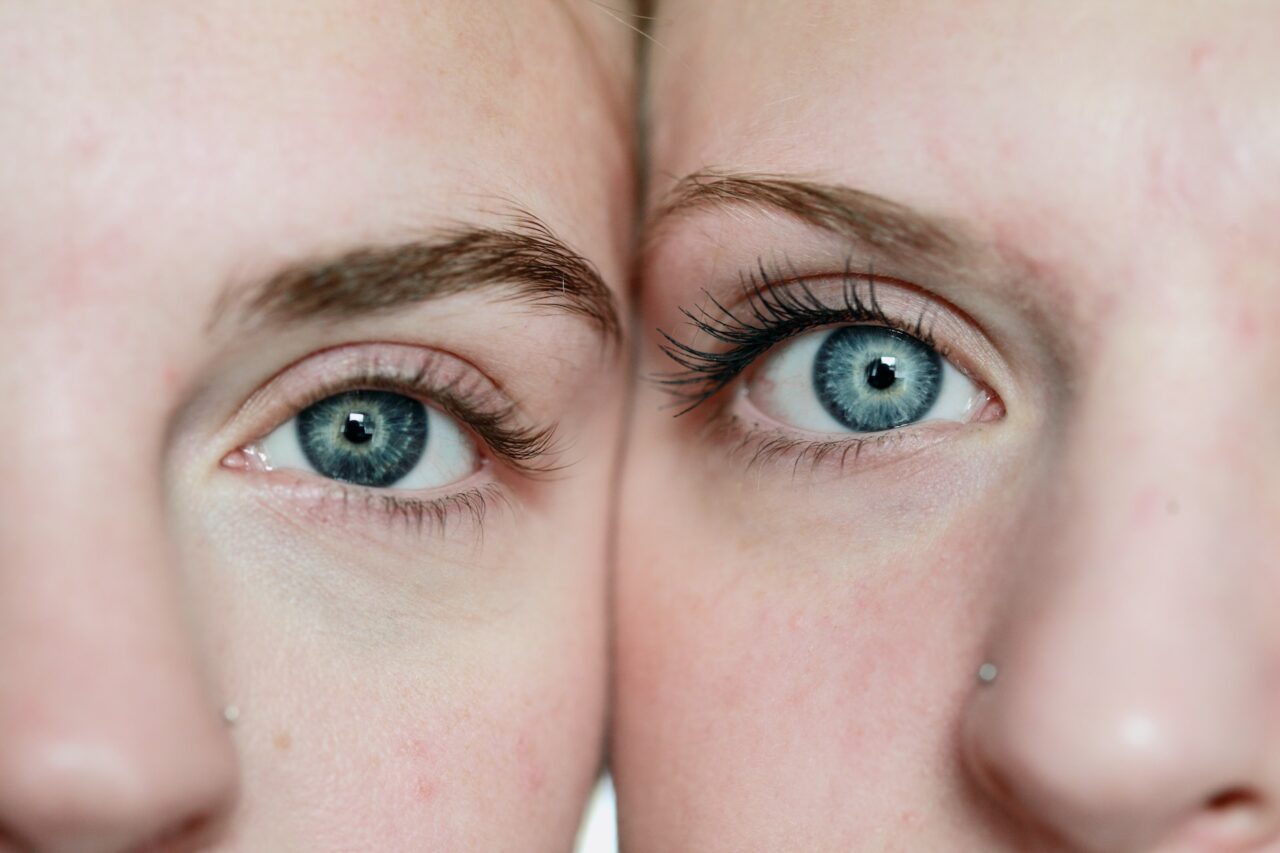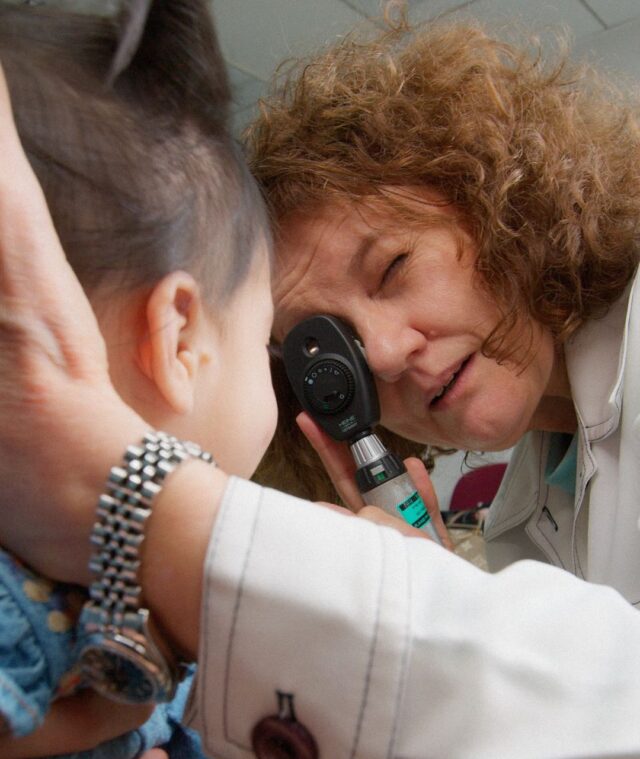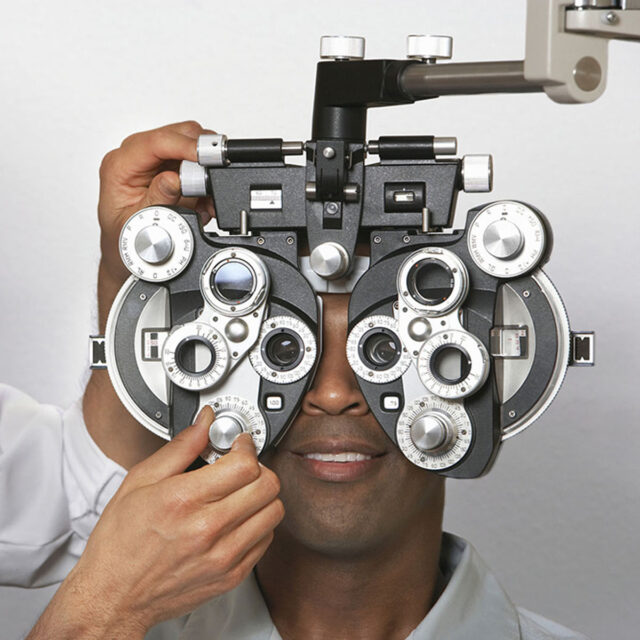Photo by Alexander Grey on Unsplash
Pink eye is an infection or inflammation of the conjunctiva – the transparent membrane covering the white of your eyes and lining your eyelid.
Also called conjunctivitis, this condition leaves the small blood vessels of the eyes inflamed, making them more visible. As a result, the infected eye becomes reddish or pinkish, hence its name.
Here, we’ll teach you how to avoid catching and spreading pink eye by understanding its symptoms and common causes.
What are the Symptoms and Causes of Pink Eye?
To prevent the spread of pink eye, you need to study all about conjunctivitis causes and symptoms.
While it doesn’t necessarily affect your vision, this eye condition can be quite irritating and uncomfortable. Some of its symptoms include:
- Eye redness, either in one or both eyes
- Itchiness of the infected eye
- A gritty feeling in the infected eye
- Eye discharges that leave crusts overnight, making it difficult to open the infected eye in the morning
- Tearing and sensitivity
Take note that most cases of pink eye are quite contagious, so if you see anyone with the symptom or are experiencing them yourself, it’s best to keep your distance.
However, you need to know that there is more than one type of conjunctivitis, as follows:
Infective conjunctivitis
Considered the most common type of pink eye, infective conjunctivitis can happen if you are exposed to certain bacteria and viruses.
Infective pink eye accounts for roughly 35 percent of all eye-related issues that lead to general surgeries. It comes with various levels of discomfort as well, though it often passes without the need for treatment.
In many cases, bacterial and viral conjunctivitis can come with cold and respiratory infection symptoms like a sore throat. It can also be acquired through hand-to-eye contact and the improper use of contact lenses and other eye products.
Allergic conjunctivitis
Another type of pink eye is allergic conjunctivitis which, as the name suggests, is caused by an allergic reaction. This condition typically occurs among people with pollen allergies during specific seasons when certain grass, trees, or flowers begin spreading their pollen.
People with allergic conjunctivitis experience tearing, itching, and inflammation, along with other common allergy symptoms like runny nose and sneezing.
If you experience allergic conjunctivitis, your eye doctor may prescribe allergy eye drops to help control the symptoms.
Irritant conjunctivitis
The third type of pink eye is called irritant conjunctivitis, which occurs when certain chemicals or particles irritate your eyes. Some of the typical culprits are:
- Chlorine (e.g., after an extended swim in a pool)
- Shampoo
- Smoke
- A stray eyelash
- Dust from dust storms, air conditioning duct mold spores, house cleaning
- Aerosol sprays
Like other forms of pink eye, irritant conjunctivitis also comes with other symptoms, such as mucous discharge and watery eyes.
The good news is that these symptoms should clear up without any help within a day or so. Doctors don’t recommend flushing the eyes out, as it could make the symptoms worse.
How Does Pink Eye Spread?
Pink eye can be caused by a wide range of bacteria and viruses, including rubella virus, adenoviruses, rubeola virus, certain herpesviruses, and picornaviruses, even coronavirus.
Infective conjunctivitis can easily spread through close contact with people. It can also be transmitted via high-touch surfaces like doorknobs, light switches, and surfaces commonly used by different people.
Rubbing your eyes is the most direct way of catching the infection.
Children are quite susceptible to this and may even transmit the virus or bacteria to their parents unknowingly. Elderly individuals, people with weaker immune systems, and those with common colds, flu, and other upper respiratory conditions are also vulnerable.
How Can You Prevent Pink Eye From Spreading?
Since pink eye can spread very easily, you need to be proactive in making sure that you or your family don’t get it. And the first thing you need to do is practice good hygiene.
Clean your hands thoroughly.
Remember to wash your hands frequently and thoroughly, especially if your hands often find their way to your eyes or the area around them.
Teach yourself and your kids to not touch your faces without having washed your hands.
Keep your face and eyes clean by washing them well during shower and face wash times.
If you’ve been infected with pink eye, it’s best to keep your hands off of that eye.
Rather use any type of lubricant eye drops than to bother with the hands on the eyes.
Use a clean tissue as a barrier between your hands and face if you really have to dab your eye or relieve irritation, and throw away that tissue after use.
Avoid sharing personal items with others.
An infection that causes pink eye can also enter your body through your mouth or nose. This means you need to avoid sharing bath towels, washcloths, pillowcases, and handkerchiefs with other people, even if they’re your family.
Avoid using other people’s (or sharing your own) eye drops and cosmetics as well, especially mascara and eyeliner.
Practice proper contact lens cleaning and use.
If you’re using contact lenses, make sure that you heed all of your doctor’s usage and cleaning recommendations.
If you get pink eyes, stop using contact lenses until you recover. Let your eye care practitioner confirm your recovery before resuming contact lens use.
If you’re using disposable contacts, throw them away immediately. If not, make sure you disinfect or sterilize them well.
The same goes for your lens case. If you can’t replace it, make sure you clean it thoroughly, and let it air dry very well before the next use.
Contact lenses could also be the source of the pink eye, so ask your eye doctor if you need to replace things related to its use, including the contact lens solution.
Does Pink Eye Need Treatment?
In most cases, pink eye can go away on its own in just a couple of days.
However, you can help hasten the process by using lubricant eye drops available in most drug stores and pharmacies over the counter.
Pharmacies SHOULD NOT offer you any antibiotic or anti-inflammatory drops (like steroid drops) without an infection being confirmed by your eye care practitioner.
Inappropriate use of antibiotics wastes money and might create resistance to these antibiotics when you really need them in future infections.
Unfortunately, viral conjunctivitis and keratitis can be masked by steroid drops, with severe vision threatening consequences.
You can also relieve discomfort caused by conjunctivitis using a warm eye compress. Make sure you let your eyes rest, which means no TV, smartphones, or computers for now.
Let Us Help You
Pink eye can become quite irritating and is very contagious if caused by an infection. Protect yourself and your family against it with the help of this guide.
And don’t hesitate to call for help. Consult our best eye doctors in Dubai for all of your eye concerns, including conjunctivitis.








